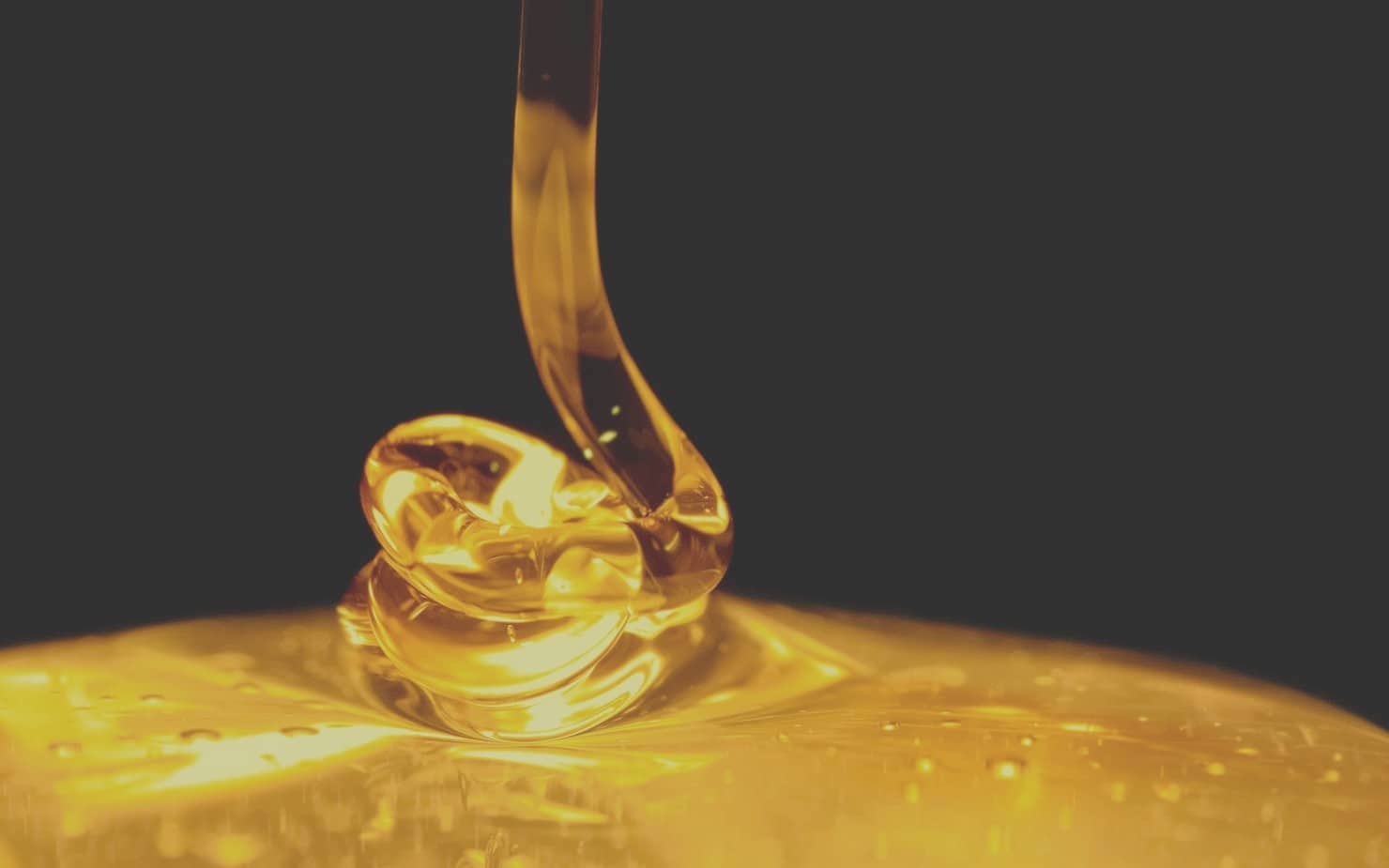
What is stronger distillate or concentrate?
Introduction to Cannabis Concentrates
Cannabis concentrates have gained popularity for their potency and diverse range of effects. These concentrated forms of cannabis offer a more potent experience compared to traditional flower consumption. In this article, we will explore the differences between distillates and other concentrates, and discuss the factors that contribute to their strength.
Understanding Distillates
Distillates are highly potent cannabis concentrates known for their purity and high THC content. They are produced through a process called distillation, which involves refining the cannabis extract to remove impurities and isolate specific cannabinoids. Distillates often have THC levels exceeding 90%, making them one of the strongest forms of cannabis concentrates available.
Exploring Other Concentrates
While distillates are known for their strength, there are other concentrates to consider. Wax, shatter, and live resin are popular examples. These concentrates are made using different extraction methods and may have varying potency levels. Wax and shatter are known for their high THC concentrations, while live resin preserves more of the plant’s original terpene profile.

Factors Affecting Strength
Several factors influence the strength of cannabis concentrates:
- Cannabinoid Profiles: The composition of cannabinoids, such as THC and CBD, in the starting material significantly influences the strength of both distillate and cannabis concentrate.
- Terpene Profiles: Terpenes, the aromatic compounds found in cannabis, contribute to the overall effects and flavors of the concentrate. Different terpene profiles can affect the perceived strength and enhance the overall experience.
- Extraction Techniques: The method used to extract cannabinoids and terpenes from the cannabis plant can impact the potency of the concentrate. Various extraction techniques, such as solvent-based extraction or solventless methods like rosin pressing, yield different results in terms of potency.
- Refinement Processes: Additional refinement processes, such as winterization or distillation, can further concentrate the cannabinoids and increase the strength of the final product.
- Quality of Starting Material: The quality and potency of the cannabis plant material used for extraction directly affect the strength of the resulting concentrate. High-quality starting material with high cannabinoid content tends to produce stronger concentrates.
- Dilution or Addition of Ingredients: Sometimes, concentrates may be diluted or have other ingredients added, such as terpenes or flavors. These additions can alter the strength and overall effects of the concentrate.
- Potency Testing and Quality Control: Rigorous potency testing and quality control measures ensure accurate labeling and consistent strength across different batches of concentrates.
- Storage Conditions: The storage conditions of concentrates, such as exposure to heat, light, or oxygen, can degrade the potency over time. Proper storage in a cool, dark, and airtight container helps maintain the strength and quality of the concentrate.
Understanding these factors can help consumers make informed decisions about the strength and potency of both distillates and other cannabis concentrates. It’s important to consider personal preferences, desired effects, and consumption methods when selecting the concentrate that best suits individual needs.
Comparing Distillates and Other Concentrates
When comparing distillates to other concentrates, it’s important to consider their THC potency levels and effects. Distillates often have higher THC concentrations, resulting in more intense psychoactive effects. However, other concentrates may offer a more diverse and robust flavor profile due to the preservation of terpenes during the extraction process.
Personal Preferences and Consumption Methods
The choice between distillates and other concentrates ultimately depends on personal preferences and desired effects. Some individuals may prefer the pure THC experience provided by distillates, while others may enjoy the flavors and nuances found in other concentrates. Additionally, the consumption method, such as vaporization or dabbing, can also influence the strength and overall experience.

Accessibility and Availability
The availability of distillates and other concentrates may vary depending on legal restrictions and regional differences. While distillates have become more prevalent in the market, other concentrates may be more readily available in certain areas. It’s essential to consider the legal landscape and accessibility when exploring these options.
Conclusion: Understanding Strength in Cannabis Concentrates
In the debate between distillates and other concentrates, it’s crucial to understand that strength can vary depending on several factors. Distillates are known for their high THC potency, while other concentrates offer a broader range of flavors and effects. Personal experimentation and finding the concentrate that aligns with your preferences are key to enjoying the full potential of cannabis concentrates. Whether you choose distillates or other concentrates, always consume responsibly and in accordance with local laws and regulations.
If you want information about cannabis and other news, visit: Film daily.



